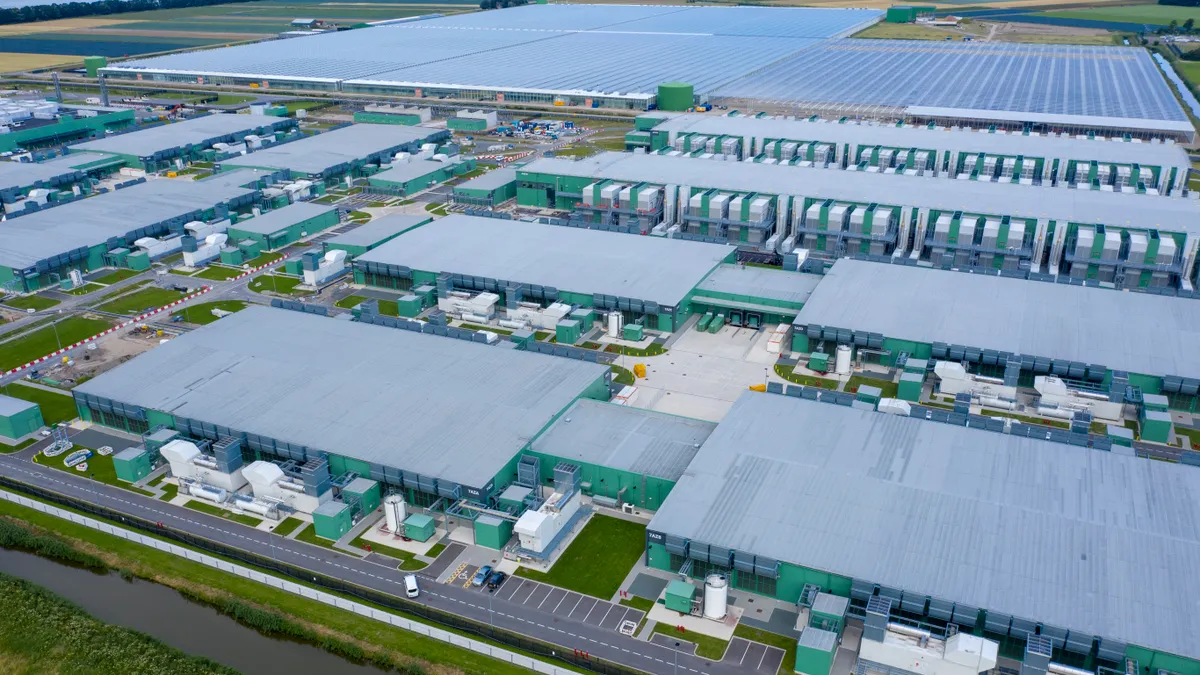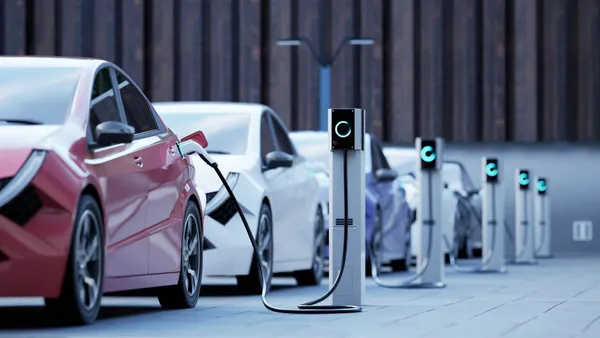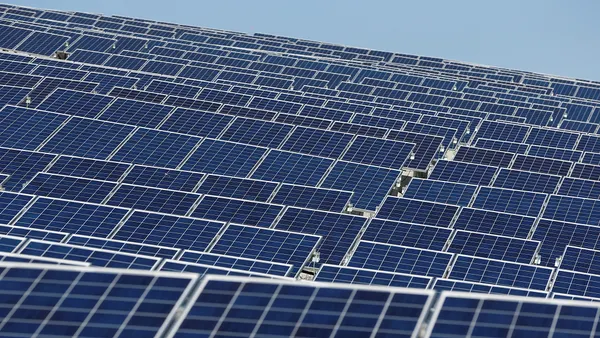Dive Brief:
- Barclays’ climate investment arm has enabled 508 million pounds (nearly $687 million) in investments focused on climate technology and innovation since 2020, the British bank said in its latest impact report Monday.
- This figure includes Barclays Climate Ventures financing 203 million pounds (around $274 million) of the bank’s own equity and facilitating a further 305 million pounds (around $412 million) through third-party investments, per the bank.
- Barclays said it led or co-led 61% of the funding rounds it participated in, and every one pound invested through Barclays Climate Ventures unlocked an additional 2.18 pounds from third parties. The fund has a mandate to invest half a billion pounds into equity capital in climate tech startups between 2020-2027.
Dive Insight:
The London-based bank said the investments will help “address a systematic growth-stage financing gap” that is often associated with developing climate tech companies.
Steven Poulter, head of Barclays Climate Ventures, called climate tech “key to delivering the next generation energy system,” in a June 2 release, adding that it helps address climate change while “supporting a successful and growing economy with affordable and resilient energy.”
“New climate tech is needed to improve the resiliency of the energy grid, increase energy efficiency, and diversify energy supply, including the provision of alternative energy sources for sectors of the economy where energy demand can’t viably be met through electrification, such as aviation,” Poulter said.
Since launching in 2020, Barclays Climate Ventures has backed over 20 companies focused on climate innovation, as of December 2024. The subsidiary has supported a wide range of climate tech solutions through its investments, including long-duration energy storage, hydrogen and carbon management technologies, according to its website.
Barclays impact report said the bank prioritizes investments in technologies that are both commercially scalable and can help unlock the clean energy transition for high emitting sectors, especially those where Barclays has substantial client exposure. These sectors include energy and power, real estate and food and agriculture.
In addition to financial backing, the bank gives early and growth stage startups access to its in-house climate tech escalator, which helps climate tech companies develop their product and scale in size by offering them dedicated, customized support. Such support includes counseling from Barclays board members; advice from senior bankers, policy experts and sector specialists; access to the bank’s client base and exposure through events, marketing platforms and communications.
Barclays’ impact report comes shortly after its Group Head of Sustainability Laura Barlow stepped down from her role in January. At the time, a Barclays spokesperson told ESG Dive that Barlow would remain with the bank in the capacity of a senior adviser while her responsibilities would be taken on by Daniel Hanna, who serves as Barclays’ Group Head of Sustainable and Transition Finance.
The restructuring came against a backdrop of banks and financial institutions facing heightened scrutiny over their sustainability efforts, particularly in the U.S.











